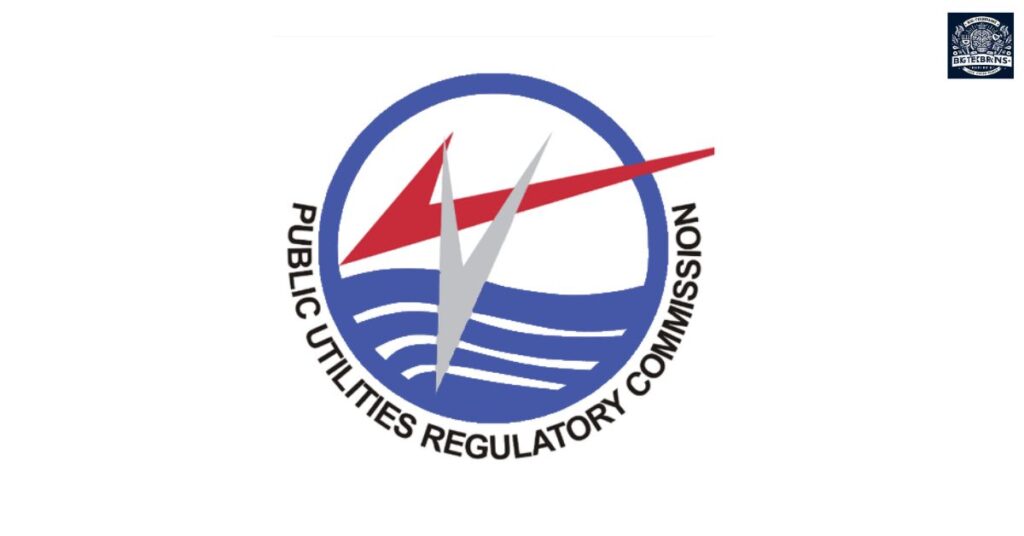Historical or Background Overview
The Public Utilities Regulatory Commission (PURC) was established by the Public Utilities Regulatory Commission Act (Act 538) of 1997 in Ghana. It was created to regulate and oversee the provision of public utilities services such as electricity, water, and telecommunications. The Commission was designed to ensure that these services are provided in a way that is fair, efficient, and responsive to the needs of consumers while also being commercially sustainable for service providers. The PURC’s role is critical to maintaining a balance between consumer protection and encouraging investment in public utilities infrastructure.
Constitutional Mandates
The PURC’s primary mandate is derived from the Constitution of Ghana and the PURC Act. The key duties of the Commission include:
- Regulating the tariffs for utility services.
- Monitoring and ensuring the quality of utility services.
- Protecting the rights and interests of consumers.
- Promoting fair competition in the provision of public utility services.
- Resolving disputes between utility service providers and consumers.
Leadership and Ranks
The leadership of the PURC is headed by a Chairman who is appointed by the President of Ghana, subject to parliamentary approval. The Commission consists of several members, including:
- Chairman (Chief Executive)
- Commissioners: These individuals are appointed based on their expertise in utility regulation, economics, law, and consumer protection.
- Executive Secretary: The Chief Administrative Officer, appointed to oversee the day-to-day operations of the Commission.
The leadership structure also includes heads of various departments or divisions within the Commission, each responsible for specific regulatory functions.
Offices or Units
The PURC operates several specialized offices and units:
Regulation Unit:
- Responsible for overseeing and regulating utility tariffs, market entry, and competition.
Consumer Affairs Unit:
- Handles consumer complaints, service quality monitoring, and consumer protection.
Corporate Services Unit:
- Manages the administrative and financial operations of the Commission.
Legal and Compliance Unit:
- Ensures adherence to laws and policies in the regulation of public utilities.
Research and Policy Unit:
- Conduct researches to inform policy-making and regulatory practices.
Public Relations and Communications Unit:
- Handles the communication and public outreach of the Commission.
Mode of Appointment or Recruitment
The members of the PURC, including the Chairman and Commissioners, are appointed by the President of Ghana. Appointments are typically based on merit and expertise in fields relevant to utility regulation, including law, economics, public administration, and engineering. The recruitment of staff for the Commission is handled through the Human Resources Department, which advertises positions and conducts interviews to select qualified candidates.
Overseers or Ownership
The PURC is an independent regulatory body and is not owned by any individual or organization. Its operations are overseen by the Government of Ghana, but it functions autonomously in executing its regulatory mandate. The Ministry of Energy and Ministry of Water Resources and Sanitation oversee the public utilities sectors in Ghana and work in partnership with the PURC.
Partners or Customers
The Commission partners with:
Utility Service Providers:
- Including companies involved in electricity, water, and telecommunications.
Government Bodies:
- Such as the Ministry of Energy, Ministry of Sanitation and Water Resources, and Ghana Investment Promotion Centre (GIPC).
Consumers:
- The PURC protects the interests of the public by ensuring that utility providers deliver quality services and charge fair rates.
Regulatory Bodies:
- Other regulatory agencies within Ghana and across Africa to share knowledge and improve regulatory practices.
Operations or Job Roles
The operations of the PURC include:
Tariff Setting:
- Establishing fair rates for utilities based on market conditions and consumer needs.
Monitoring and Evaluation:
- Assessing service quality provided by utility companies and enforcing penalties for non-compliance.
Consumer Advocacy:
- Representing consumer interests, resolving complaints, and improving transparency.
Advisory Role:
- Providing expert advice to the government on utility regulation policies.
Job roles within the Commission include roles in regulation, consumer relations, administration, legal services, research, and public outreach.
Historical Reforms
Over the years, the PURC has undertaken several reforms aimed at improving the regulatory framework and the efficiency of public utility services. Key reforms include:
Tariff Adjustments:
- Periodic reviews and adjustments of utility tariffs in line with economic conditions and the cost of service delivery.
Consumer Rights Protection:
- Strengthening policies around consumer education and complaints handling, ensuring transparency.
Technological Integration:
- Adoption of advanced technologies for better monitoring and reporting on utility services.
Public-Private Partnerships (PPP):
- Encouraging private investment in public utilities while ensuring that consumer interests are upheld.
References
- Public Utilities Regulatory Commission Act (Act 538 of 1997): Ghana’s primary legislation establishing the PURC.
- PURC Official Website: https://www.purc.com.gh
- Ghana Ministry of Energy: https://www.energymin.gov.gh

